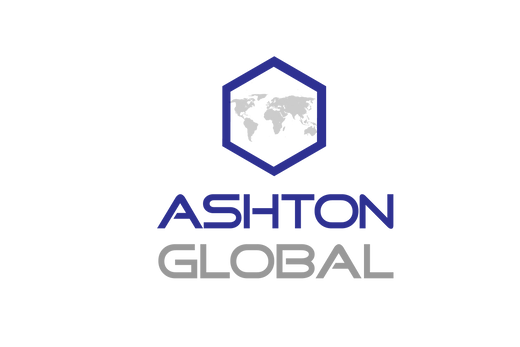Vietnam is already rapidly industrializing and reducing trade barriers. However, it is still a frontier market with low prices and abundant opportunities for value investors.
Vietnam's GDP increased by 7.1% in 2018, and the Asian Development Bank forecasts continued strong growth of 6.8% in 2019 and 6.7% in 2020. The significant gains generated by industrialization elsewhere (in Asia) are only beginning in Vietnam.
Manufacturing Growth
Vietnam is successfully following the classic Asian development model of export-led manufacturing growth. Light manufacturing is thriving. Nike and Adidas shifted a significant portion of their footwear production from China to Vietnam between 2007 and 2017. Apple is now considering relocating 15% to 30% of its production out of China, with Vietnam and India being the most likely destinations.
The growth of manufacturing in Vietnam is partly fueled by trade liberalization. Vietnam already has operational trade agreements with China, India, Japan, South Korea, and Australia. Perhaps more importantly, the EU signed free trade and investment protection agreements with Vietnam in 2019.
Prices Remain Low
Despite Vietnam's strong and consistent growth, prices remain low enough to attract value investors. Vietnam's stock market capitalization was only 52% of GDP in 2017, compared to 71% for China and 165% for the United States. Furthermore, prices in Vietnam remain relatively low. According to IMA Asia, the average hourly wage in Chinese manufacturing nearly doubled to $4 between 2010 and 2016. JLL Research reports that Vietnamese factory wages ranged from $1.00 to $1.40 per hour during that time.
Lower wages play a significant role in explaining the ongoing shift of labor-intensive manufacturing to Vietnam. Industrial land prices in Vietnam are also comparatively low at below 140 US dollars per square meter. While most assets in Vietnam are undervalued, smaller companies are likely to offer the best returns.
We Expect Small Caps to Outperform
In emerging markets, Lazard found that small-cap stocks outperformed large-cap stocks by approximately 100 basis points per year between 2007 and 2017. There are currently no significant small-cap value index funds available for frontier markets, which highlights the potential for generating alpha. Lazard also showed that emerging market small caps offer greater exposure to real estate and industrials, which have more potential in Vietnam.
The Private Equity Advantage
Private equity also has several significant advantages in the Vietnamese market. Barriers to entry are low in the high-growth real estate and light manufacturing sectors, resulting in more opportunities for private capital.
The fact that labor and land are relatively inexpensive in Vietnam implies a capital shortage. It follows that capital will produce higher returns. 71% of private equity fund managers require an expected rate of return of 20% or more for investments in Vietnam.
There is also greater potential for long-term capital appreciation. Businesses that buy land at today's low prices and build using low-cost labor increase in value as input prices rise. Greater appreciation leads to higher exit multiples for investors. Approximately 74% of private equity decision-makers surveyed by Grant Thornton Vietnam expect an exit multiple of 5x or higher.
Getting in on the Ground Floor
Vietnam is just starting on the path of export-led growth that has produced decades of high returns in Japan and China. The IMF estimates that developed Japan has a nominal GDP of $41,021 per person, while China, an emerging economy, has a per capita income of $10,153. Vietnam is a frontier market, where the average annual income is approximately $2,726. The significant gains generated by industrialization elsewhere are only beginning in Vietnam.
Frontier markets can be more difficult to access, but overcoming these challenges creates additional alpha for our investors. The Ashton Global International Small Cap Fund aims to generate higher returns by investing in undervalued small companies outside developed markets.
Please contact us at +1 212 514 8953 or email investor@ashtonglobal.com to learn more.








